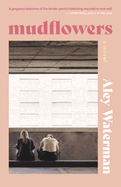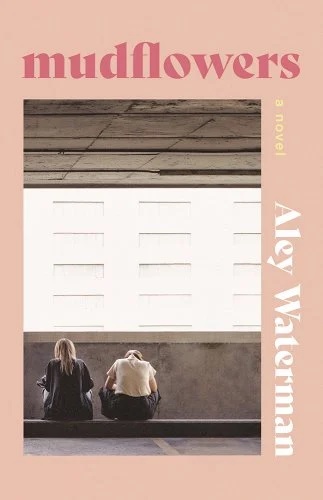 Aley Waterman's sensitive first novel, Mudflowers, follows a young woman exploring intimacy, biological and built families, and art. A love triangle twists and reshapes itself, with both trauma and revelation. "I wanted so badly to love in a good way," says Sophie, the protagonist and narrator, 27 years old and a Newfoundland native who recently moved to Toronto, where she lives with a misogynistic writer and her best friend since childhood. He is a beautiful man named Alex who is also her on-and-off lover. Sophie sees Maggie reading her poetry at an event and is immediately swept away. Maggie is talented and enigmatic, "with big eyes full of wide highways." The two become close friends and, sometimes, lovers.
Aley Waterman's sensitive first novel, Mudflowers, follows a young woman exploring intimacy, biological and built families, and art. A love triangle twists and reshapes itself, with both trauma and revelation. "I wanted so badly to love in a good way," says Sophie, the protagonist and narrator, 27 years old and a Newfoundland native who recently moved to Toronto, where she lives with a misogynistic writer and her best friend since childhood. He is a beautiful man named Alex who is also her on-and-off lover. Sophie sees Maggie reading her poetry at an event and is immediately swept away. Maggie is talented and enigmatic, "with big eyes full of wide highways." The two become close friends and, sometimes, lovers.
Sophie creates glass mosaics for wealthy patrons, Maggie writes, and Alex works on indie films. They are young artists scraping together livings in a big city, taking drugs amid art events and the bar scene. They slide frankly and openly in and out of sexual relationships. Sophie obsesses over her mother's death. Alex's mother left when he was 12, their parallel losses an unspoken understanding. The addition of Maggie to their close relationship, forming a trio, acts as a magnetic force that both imbalances and strengthens the bond. Secrets surface, and the balance shifts again.
Mudflowers follows Sophie to an artist colony at a castle in France and eventually home to Newfoundland. Place is important to this thoughtful protagonist, who is given to contorted philosophic musings. Newfoundland is "the only place I had been to where there is enough space and isolation and distance from the world for people to really be themselves without even thinking about what that meant." Earlier, she notes that "in cities so many lives are wildly proximate to each other, just divided by a wall here or a door there, but each wall determined some sort of fate, keeping us organized and away from one another." She wonders: "What if the people who should be most important in life were just separated by a wall, and what if that wall meant those people never met!" Sophie has met the people most important to her, but keeping them together will be another feat.
Sophie's physical travels are dwarfed by the scale of her cerebral and emotional movements, as she tortuously navigates desire and fear. She is preoccupied with art, how to love, and purposeful attention. "[W]as it how beauty was directed or how it was received that was most important?" she ponders. "How are you supposed to be a real person when you're also supposed to be the woman inside of someone else's mind?" She also often considers mothers and their absences: "Maybe we all need more mothers than we have," she thinks. "Maybe we all need as many mothers as we can get." Mudflowers is thought-provoking, expansive, and raw. --Julia Kastner, librarian and blogger at pagesofjulia
Shelf Talker: In this reflective debut, young artists in Toronto form a love triangle with both transcendent and painful results for all.








SHELFAWARENESS.1222.T1.BESTADSWEBINAR.gif)



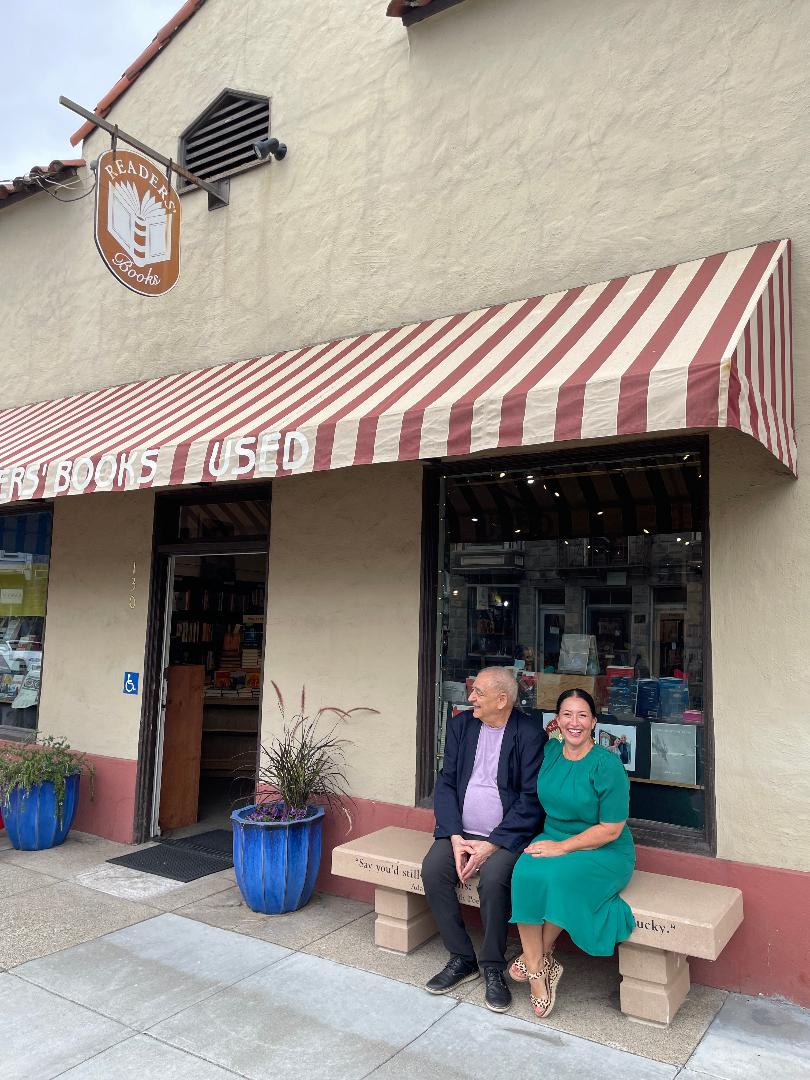 Last Friday the city of Sonoma, Calif., installed a bench dedicated to U.S. Poet Laureate Ada Limón outside
Last Friday the city of Sonoma, Calif., installed a bench dedicated to U.S. Poet Laureate Ada Limón outside 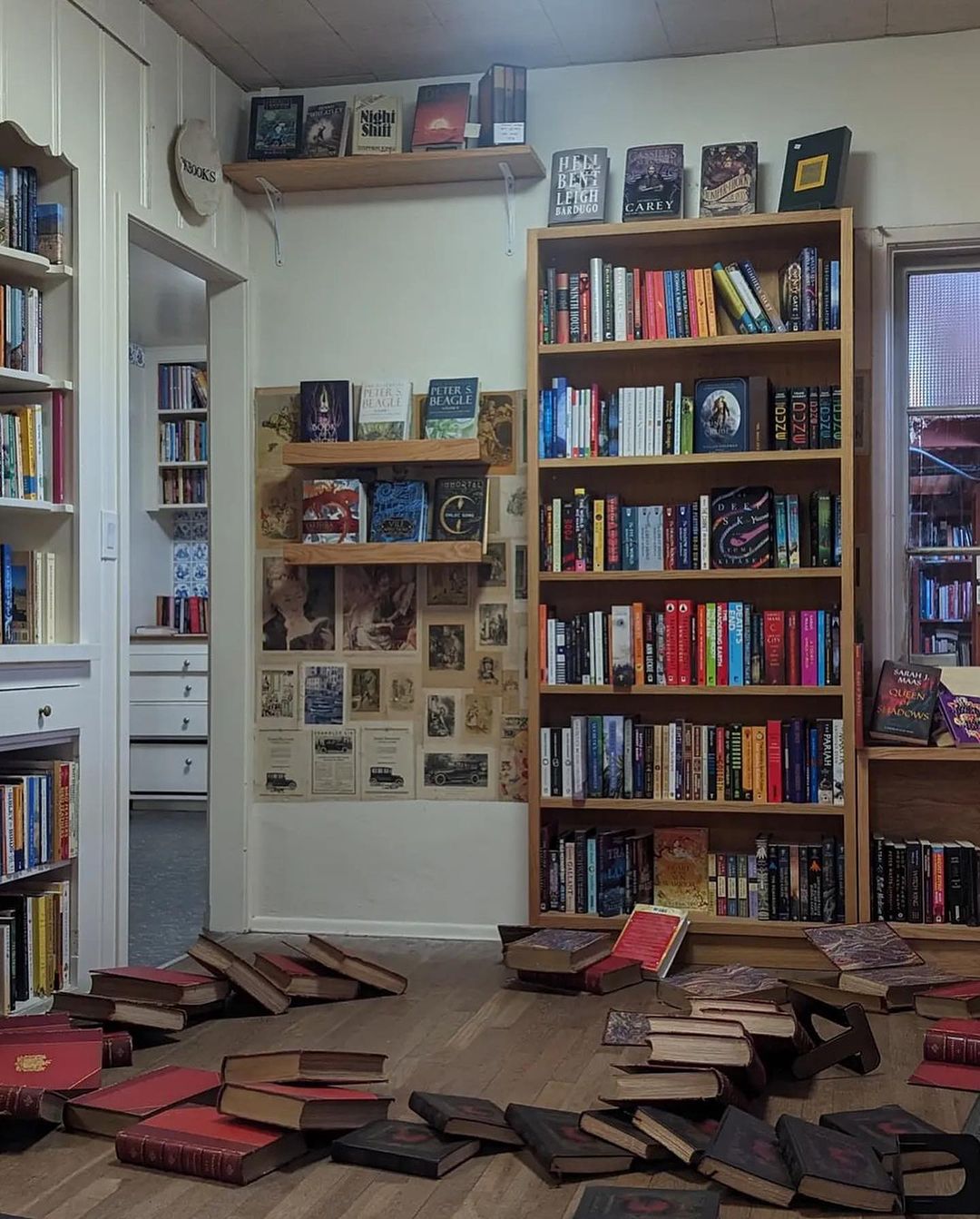
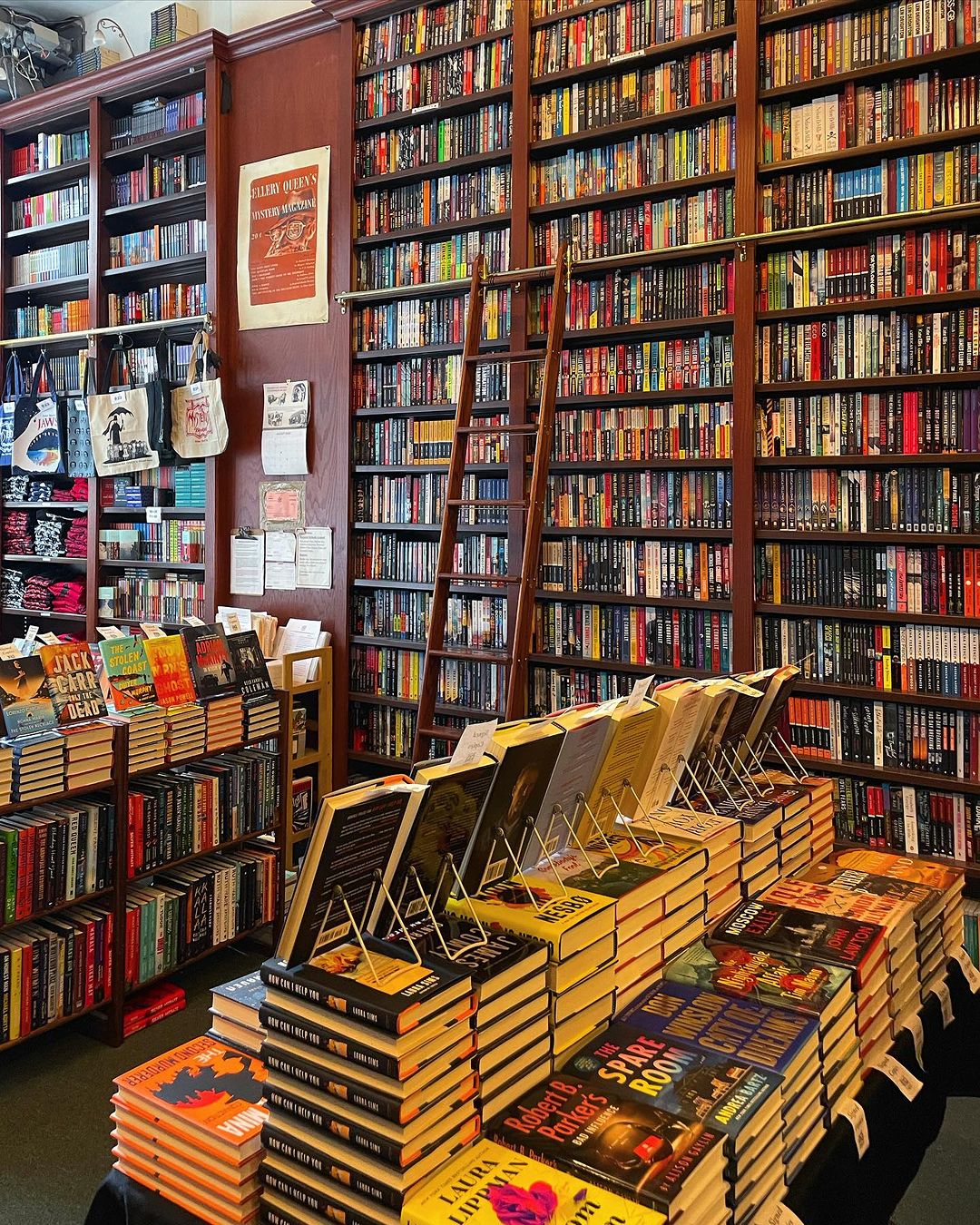
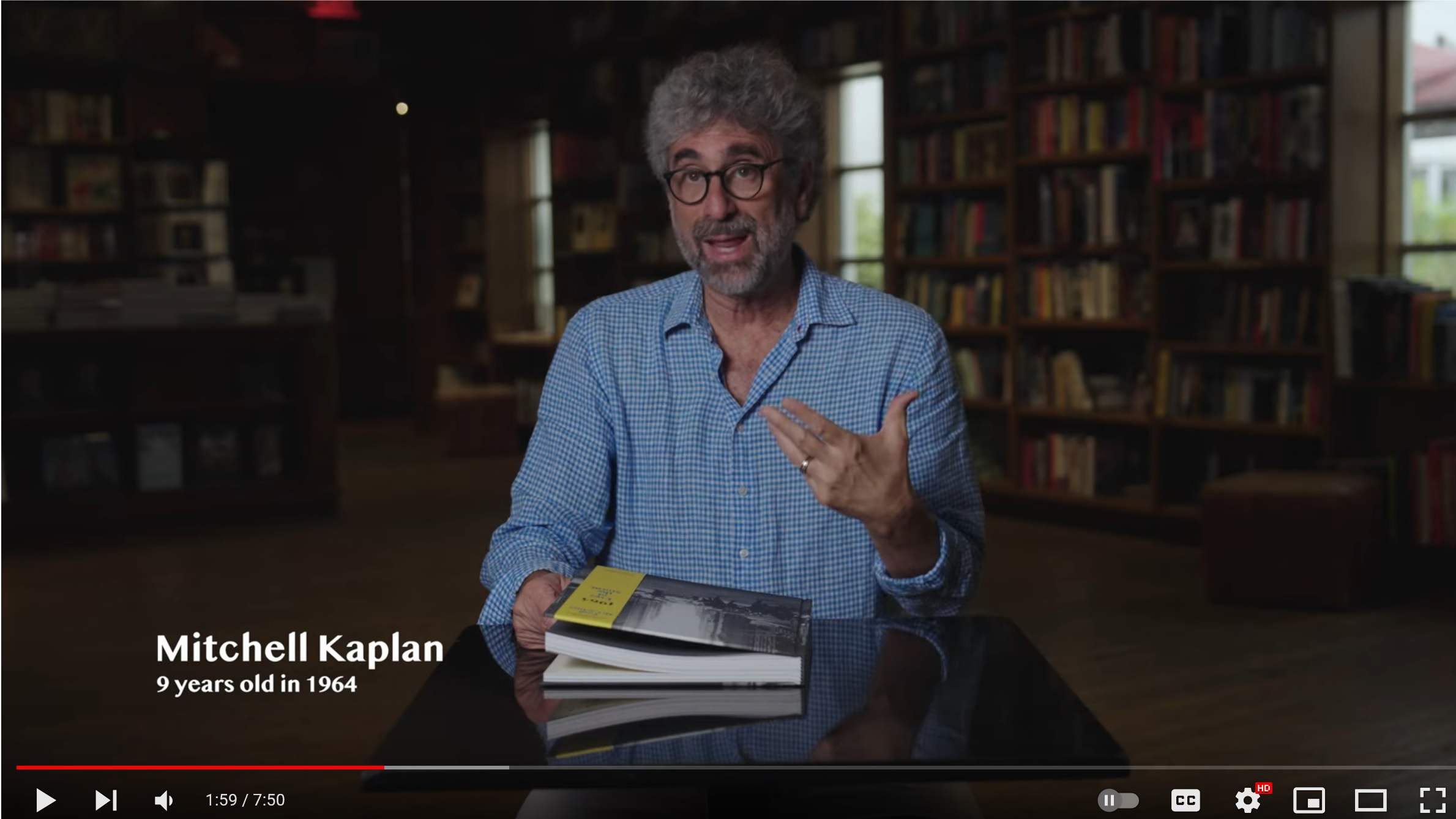
 Aley Waterman's sensitive first novel, Mudflowers, follows a young woman exploring intimacy, biological and built families, and art. A love triangle twists and reshapes itself, with both trauma and revelation. "I wanted so badly to love in a good way," says Sophie, the protagonist and narrator, 27 years old and a Newfoundland native who recently moved to Toronto, where she lives with a misogynistic writer and her best friend since childhood. He is a beautiful man named Alex who is also her on-and-off lover. Sophie sees Maggie reading her poetry at an event and is immediately swept away. Maggie is talented and enigmatic, "with big eyes full of wide highways." The two become close friends and, sometimes, lovers.
Aley Waterman's sensitive first novel, Mudflowers, follows a young woman exploring intimacy, biological and built families, and art. A love triangle twists and reshapes itself, with both trauma and revelation. "I wanted so badly to love in a good way," says Sophie, the protagonist and narrator, 27 years old and a Newfoundland native who recently moved to Toronto, where she lives with a misogynistic writer and her best friend since childhood. He is a beautiful man named Alex who is also her on-and-off lover. Sophie sees Maggie reading her poetry at an event and is immediately swept away. Maggie is talented and enigmatic, "with big eyes full of wide highways." The two become close friends and, sometimes, lovers.